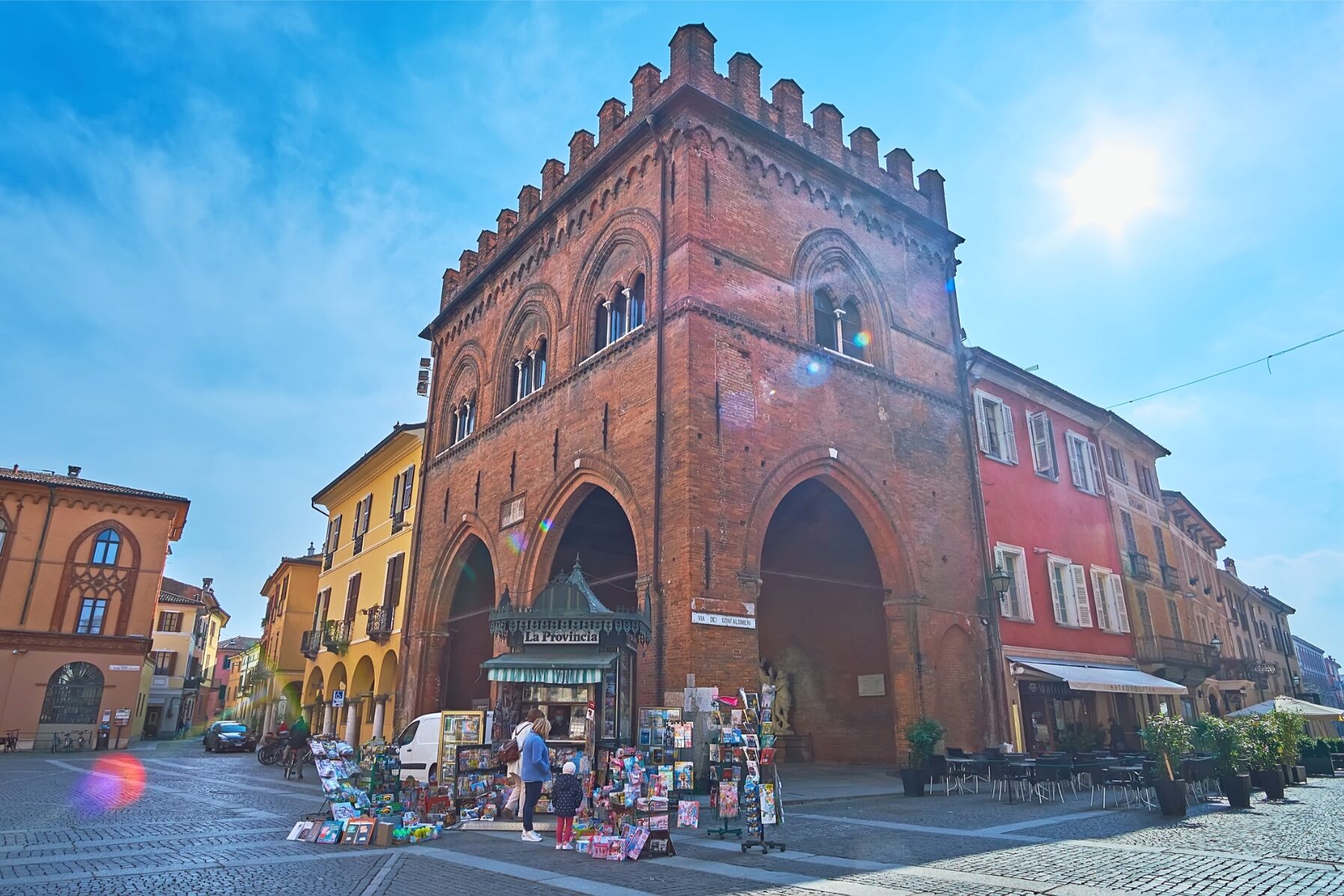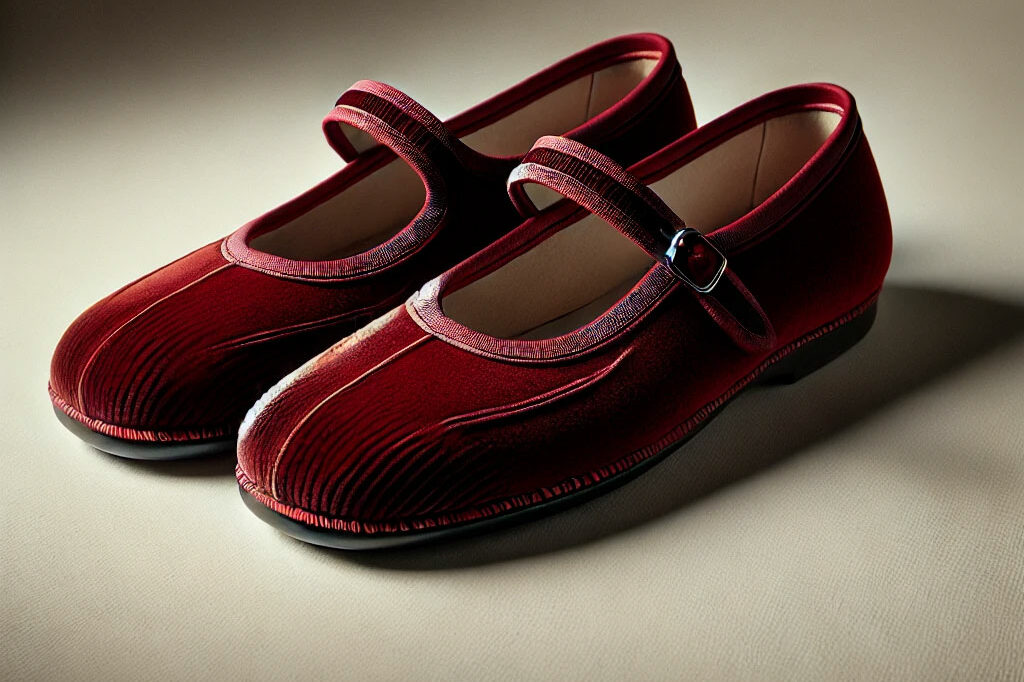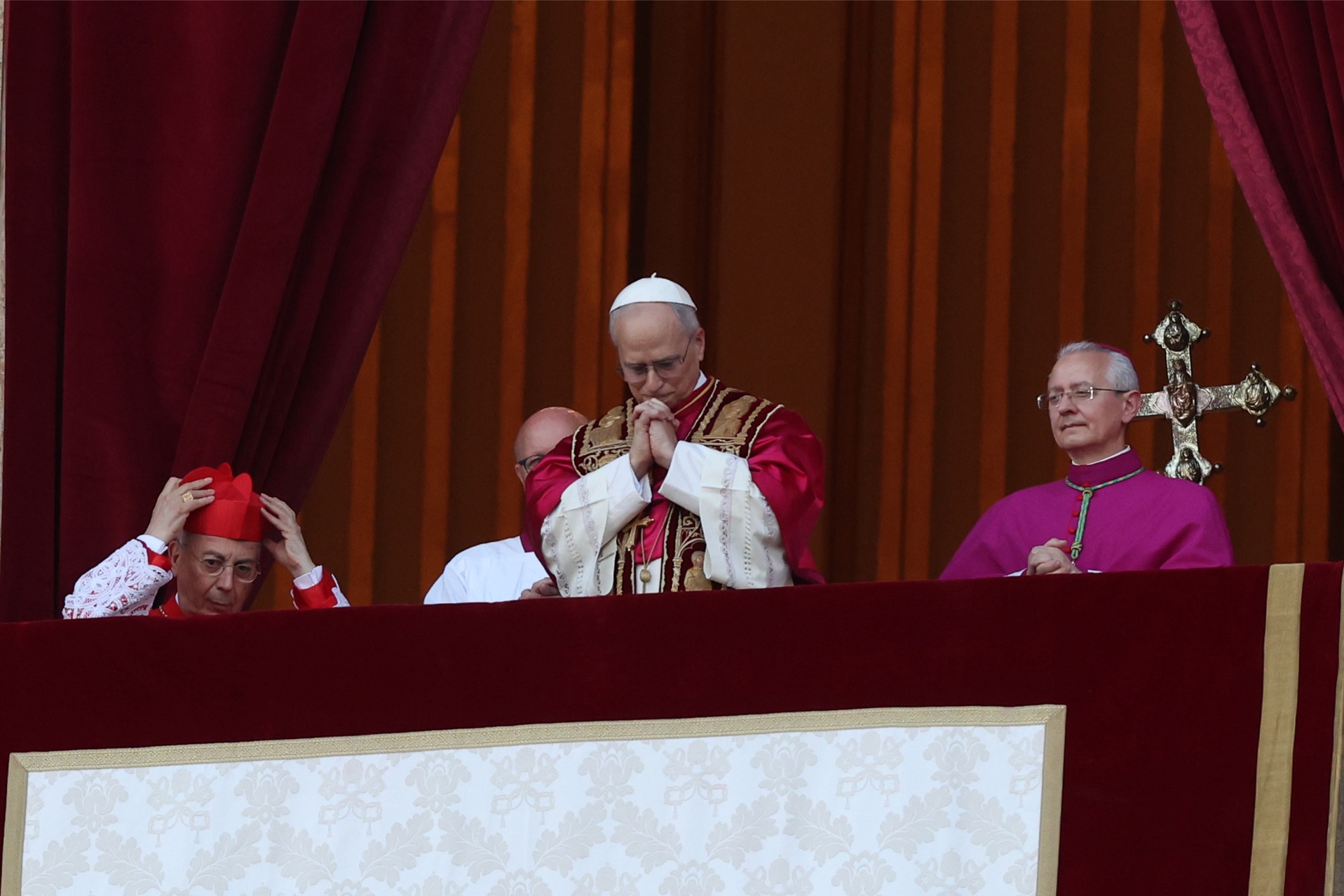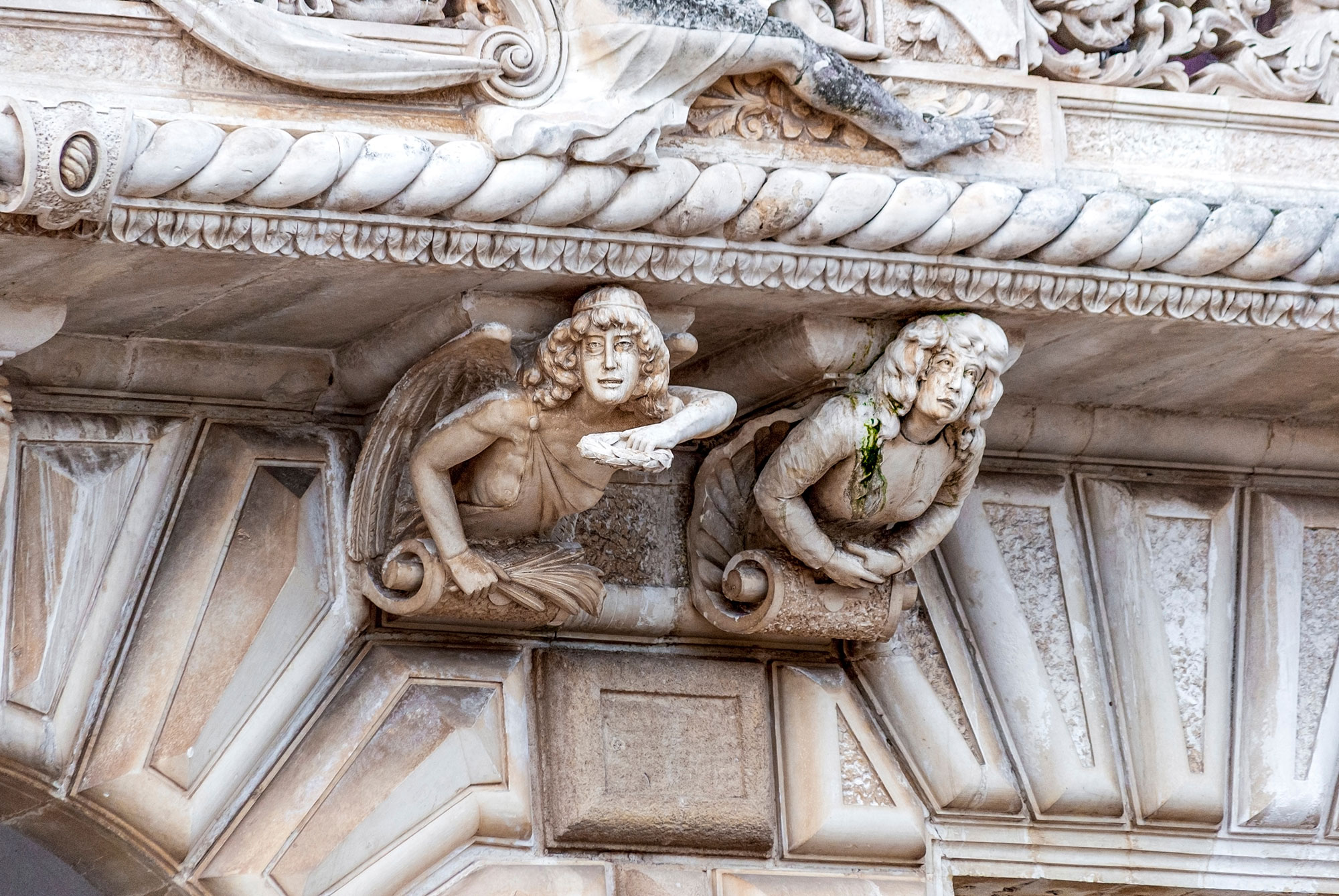No doubt. When it comes to acting, screenwriting, or even funding a major movie, women have excelled in every sector of the entertainment industry. But the one area where females have yet to reign supreme is in the director’s chair.
There is, however, hope… A new generation of female directors are emerging. One such director comes from Rome. Ambiziosa and bella, and with a feature film coming out this week, Manuela Tempesta is, just like her name, ready to shake things up.
Having graduated with a degree in film, Manuela did not waste any time in “finding herself;” and instead, dove head first in the world of directing and screenwriting. She has worked non-stop, and has built an impressive resume of award-winning documentaries and films. In 2007, the young director wrote, along with Chiara Bondi, Nannare, a documentary about Anna Magnani, the first Italian actress to the win the Oscar. Soon after, she wrote a documentary about the Italian writer and director Pietro Germi: Il Bravo, Il Bello, Il Cattivo. This film would later gain international recognition when it was chosen as one of the selections for “Cannes Classic” at the Cannes Film Festival.
In 2012, Manuela began to work on her own film: Pane e Burlesque, a social comedy starring Laura Chiatti, Sabrina Impacciatore, Michela Andreozzi, Giovanna Rei and Edoardo Leo. The film, perhaps her greatest accomplishment thus far, has recently hit theaters. I sat and spoke to Manuela as we talked about how she once was a gran “secchiona” at school, the true meaning of girl power, and what it is like to be a director, a female one, in a male dominated industry.
Gaya Lynn: It’s a pleasure to have you with L’Italo-Americano and me. Tell me a little about your background.
Manuela Tempesta: I was born and grew up in Rome, a truly unique city, one of the few “muses” that still continues to inspire artists and writers. Since I was a child, I loved writing, director, and working in film. Even before I graduated at the D.A.M.S. in Film, I had written a screenplay of a short film, and won first place at the festival of “A corto di idee”organized at Aosta …After attending screenplay classes at the film school of Barbarano Romano under the direction of Marco Muller, I wrote the screenplay for the medium length film feature “Lassu’ I Rumori Del Mondo Non Arrivano,’ directed by Alessandro Stevanon. In 2006, I started to work on a documentary, “Non Tacere,” a story about Roberto Sardelli and of his school 725…the documentary had won numerous awards and was a finalist in 2009 for the David di Donatello…..
[After the work with Il Bravo, Il Bello, Il Cattivo,] I had the occasion to work with Maria Sole Tognazzi on a documentary called Ritratto di Mio Padre. Showing the life and career of Ugo Tognazzi, this film became a finalist for both the David Di Donatello and the Silver Ribbon. In these years, the desire to make a film completely on my own was born…. After working on the screenplay with Peter Marcias , “Tutte Le storie di Piera,” a documentary of Piera Degli Esposti, I started writing with Massimiliano Bruno on the plot for the film, Pane E Burlesque. Following that, I began to write along with other screenwriters the actual screenplay, while in 2013, after learning all about Burlesque… I began to film in Puglia.
GL: Early on, you began to follow your dreams. Did you have the support of your family?
MT: My family always wanted me to study. More than anything, they wanted me to get a college degree…Maybe, they would have preferred a more stable job, with less uncertainty, but today, I contend that I am very happy with the results I obtained (as my best friends and those who are close to me would agree) after many sacrifices.
GL: What kind of student were you? Did you ever have doubts about the path you chose in life?
MT: To tell you the truth, I always knew that working and studying film was my path. If I had to go back in time, I would find myself majoring in the same subject, and I would graduate again in Film Studies….I loved to study while someone would even say that I was a nerd. I would like to get a second degree, maybe in Communications. I believe that studying…is imperative to one’s personal growth.
GL: The films you have watched over the years, how have they influenced you?
MT: I’ve always been influenced by women directors and their perspective….I think of many “cult” films like those filmed by Lina Wertmuller, a woman on the edge, looking within the panorama of Italian film in the sixties and seventies. Lina for me was a role model and a trailblazer for many females who wanted to make their own films. In recent years, a film that I loved was “Questione di cuore,” by Francesca Archibugi with the amazing Kim Rossi Stuart. That film moved me a great deal. Also, “Miele”from Valeria Golino. In the terms of foreign films, I adore Sofia Coppola.
GL: Your movie, Pane e Burlesque, it must be a special moment for you after so much work. Tell me about any lessons you learned while making this film.
MT: After two years of working on it, I am so excited…I learned that you have to defend your ideas to the end and you have to fight against obstacles in order to make your own film. In addition, you need to connect with the actors and create an environment based on listening and mutual trust….
GL: Tell me about your film and what you want viewers to walk away with after seeing your film?
MT: The film is about a small town in southern Italy that is now going through some tough waters. Since the time when a ceramic factory closed, its past employees are left playing fantacalcio. Meanwhile, in a local merceria, shop owners Vincenzo and his wife, Matilde are struggling to go on; the situation only declines when the bank asks for them to pay back an outstanding loan. Then, a “cyclone” hits. Mimi La Petite, or rather Giuliana, the daughter of the past owner of the factory returns to town with a group of Burlesque dancers…Dancing in little clubs, the women learn to understand who they truly are, and how much their lives can be impacted by the choices they make. In the end, as Giuliana says, “choices that we make are like roads. We do not know if they are the right ones until we arrive at the final destination.”
I would like the audience to walk away thinking that “Pane and Burleque” is a modern film, one that gives a message of hope in times of crisis. I would hope that they would smile perhaps while thinking about some funny line in the film and maybe say, “Hurray, a film with an original and beautiful idea.” My motto is “Long live ideas!”
GL: When I think of social comedies, I think immediately of Robert Altman’s Mash in the states, while in Italy, Mario Monicelli, Dino Risi, the films of Toto’come to mind Why did you choose this genre?
MT: I believe that comedy, as used by some of the great geniuses in Italian film, has a unique ability to showcase the Italian landscape, the economic crisis that we are facing while illuminating all the challenges that each one of us has to deal with. Above all, I wanted to give a voice to women and highlight the role of women in terms of the family and society…I wanted to make a film about real women…who roll up their sleeves, and overcome their obstacles and difficulties. Also, I had been fascinated by the world of Burlesque…as it is tied to this wonderful feminine universe of bustiers, corsets, stocking …I thought t that Burlesque has never been used in a comedy, at least not in this way.
GL: How do you feel the role of women has changed over the years?
MT: I believe that the role of women has changed tremendously within the last fifteen years. In Italy, we have fought many battles, we have struggled for our rights and have conquered in some many arenas. For example, in terms of professions like that of being a manager or a journalist; men had always filled those positions, but today many women have the possibility to obtain those jobs. …Unfortunately, however, I feel that there is one area where we can work on. That spirit of togetherness…we are not united with other women and this is a shame. We will improve– I’m sure of it.
GL: In the industry today, only a handful of well known female directors. Sofia Coppola, Kathryn Bigelow… How is it being a director and working in Italy?
MT: It certainly is very difficult….In addition, funds for projects are sparse…if the film does not find a distributor, you might never see the film come out in theaters.
To be a female director, there are few spots available and the film industry is still directed by the most part, by men–stories are still told through the eyes of a male…but I feel things are slowly changing…
GL: I am so pleased to have met a director with such determination and talent. Ti auguro ogni bene. Tante grazie. Un abbraccio.
Special thanks to Press Manager, Katya Marletta.
For more information , please go to http://owl.li/xm49I
Find Gaya at www.about.me/Gayalynn




























